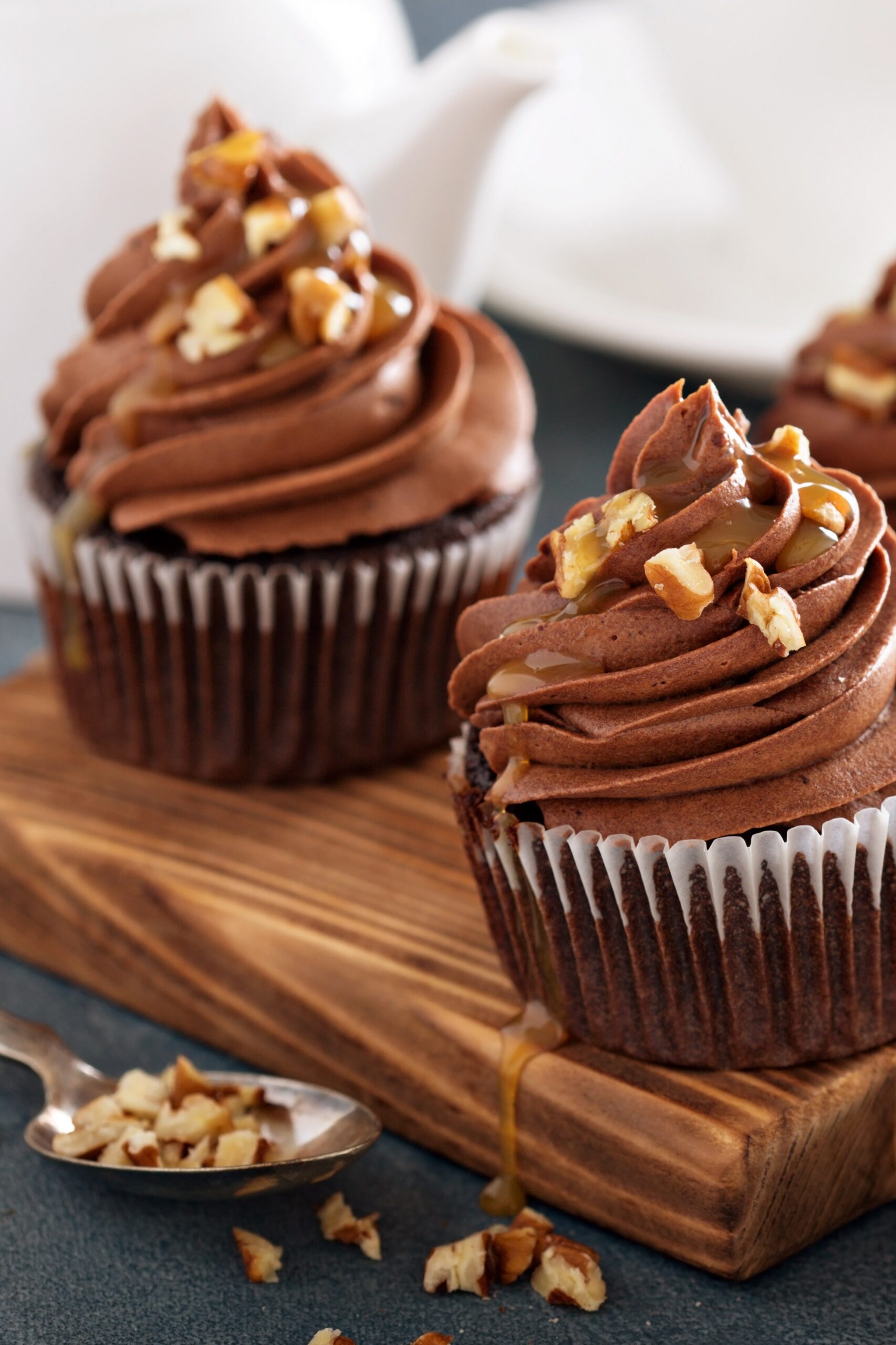Baking has been a favourite pastime during the lockdown, with banana bread and cheesecake recipes a mainstay on most social media feeds. If you’ve been baking up a storm too, all that taste-testing and then late-night eating can leave you feeling worse for wear. If this sounds too familiar to you, we asked two nutrition experts for their take on how to stop feeling the effects of a sugar hangover.
What does sugar do to the body?
Dr Vishakha Shivdasani, a Mumbai-based medical doctor, likens this feeling to a crash landing. “When the body has more sugar than it’s used to, it tries to overcompensate. It rapidly produces insulin in an attempt to keep the levels consistent. And this causes blood glucose to decrease, which results in a sudden drop in energy levels, also known as hypoglycaemia, or a sugar crash.” After this, the pancreas will try to keep the blood sugar back to a normal range by secreting a hormone called glucagon to keep glucose levels up, but this, when coupled with dipping blood sugar, can leave you feeling fatigued, dizzy, confused and hungry.
“It’s difficult to exercise willpower when your hormones are in play. The effect of sugar in the brain is exactly the same as cocaine—it lights up the same receptors that cocaine does,” confirms Dr Shivdasani, which explains how you crave more sugar or simple carbs even after eating a lot of it.
This feedback loop only worsens when you’re stressed out. “When you’re nervous or upset, you’re more likely to reach for carbs and sugar for a quick-fix,” she says. This will leave you with a blood sugar drop after eating, and will have you craving a similar meal for lunch and dinner too.
4 things to do after a sugar-heavy meal
While keeping sugary and simple carb-laden foods to a minimum is the best way to prevent feeling icky the next day, there’s a way to stop the cycle if you did indulge the previous night. Here’s what you can do to start the next day on a cleaner foot.
Eating a balanced meal that’ll stabilise blood sugar is key, so loading up on protein, healthy fats and fibre is a great way to go. Eggs, sautéed vegetables, nuts, seeds and quinoa are great options, according to nutritionist Nmami Agarwala. “Adding a dash of apple cider vinegar can help balance out blood sugar spikes too,” she says.
“The satiety hormone leptin tells you are full and you need to stop eating. It takes 20 minutes for your stomach to convey that message to the brain,” says Shivdasani. Focusing on your meal, eating each bite slowly and chewing well is ideal to let your brain and gut know that you are satisfied.
Just like it is recommended after drinking alcohol, a great way to overcome a sugar hangover is to get moving, according to Agarwal. “Just 30 minutes of a power walk can do wonders,” she says. Exercise helps to increase insulin sensitivity and it also encourages muscles to contract, which enables them to take up the excess glucose and use it for energy.
Drinking water can help flush the body out, which can make you feel lighter and less bloated almost immediately. Cinnamon is a great addition to your water bottle, says Agarwal. It is a blood sugar stabiliser that’ll help you get back into balance quicker.
The article was first published in Vogue





